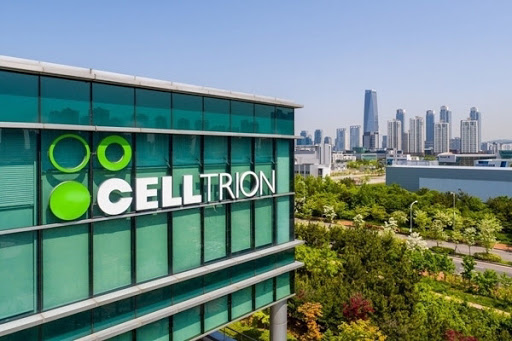Celltrion said it has confirmed the bioequivalence of CT-P39, a biosimilar referencing Xolair (ingredient: omalizumab), to treat allergic asthma and chronic urticaria, through its interim results from its global phase 3 clinical trials at 24 weeks.

Xolair, an antibody biopharmaceutical developed by Genentech and Novartis, treats allergic asthma, chronic urticaria, and chronic rhinosinusitis.
The drug is a blockbuster product with global sales of approximately $3.7 billion in 2022. Its substance patent has already expired and the formulation patent is set to expire in March 2024 in Europe and November 2025 in the U.S.
Celltrion has been conducting a 40-week trial in 619 patients with chronic spontaneous urticaria (CSU) in six countries, including Poland and Bulgaria.
The primary endpoint was the change from baseline in weekly itch-severity scores (ISS7) at Week 12 from baseline, with one group receiving CT-P39 300 mg and the other receiving 300 mg of Xolair.
The results showed that CT-P39 met the pre-defined equivalence criteria and demonstrated similar results to Xolair in the secondary endpoints of efficacy, pharmacokinetics, safety, and immunogenicity, the company said.
Celltrion plans to complete the remaining phase 3 studies of CT-P39 and file for product license in Korea and key other countries later this year.
“As CT-P39 demonstrated bioequivalence compared to Xolair through the phase 3 clinical trial, we look forward to completing the remaining clinical procedures and applying for approval,” a company official said.
Related articles
- Celltrion's biosimilar shows equivalence to Eylea in interim results of phase 3 study
- Celltrion shareholders' meeting starts with angry shareholders’ outcry
- Celltrion, Thermo Fisher seek to buy Baxter's biopharma unit
- Celltrion, Genuv ink deal for antibody drug development
- Celltrion Healthcare’s Avastin biosimilar Vegzelma lands in US
- Celltrion seeks approval for Xolair biosimilar in EU
- Celltrion teams up with Basgen Bio to discover new biomarkers
- Celltrion Pharm marks all-time-high sales in Q1 amid slowing growth

